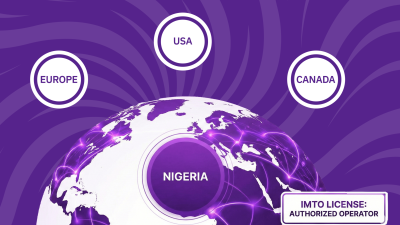Heading to Nigeria this December? Here’s your go-to guide for prepping right.
It’s almost that time of the year for homecoming again. December in Nigeria isn’t just another month; it’s the season of Detty December parties, concerts, weddings, road trips, family reunions, and endless celebrations.
Whether you’re returning home after months or years abroad or visiting for the first time, good planning will save you a lot of stress. Here’s a detailed guide on what to pack, how to budget, and what to prepare for.
What To Expect In December

December in Nigeria is a reunion season, especially if you live abroad. This is usually when airports are packed, roads are busy, hotels , beaches, or shortlets are fully booked, and local businesses are buzzing.
Lagos and Abuja are the hotspots for nightlife events, concerts, fashion events, weddings, and impromptu hangouts. While the eastern states come alive with weddings and family gatherings. But with all the fun comes higher transportation costs, heavy traffic, and longer queues. So if you’re planning to come home, book your flights and accommodation early for half the price, and even for events, because everything sells out fast.
Weather: Hot, Humid, And Sometimes Dry

Nigeria’s December weather is generally hot and dry. But thanks to harmattan, which usually starts in late November, you’ll get cold mornings, and dry air that can leave your skin and lips parched.
Temperatures can also range between 28°C and 35°C (82°F–95°F), so pack accordingly; bring a good moisturizer, lip balm, and sunscreen. Carry water everywhere, pack light, breathable clothes, and don’t forget a light jacket for early mornings or late nights.
What To Pack
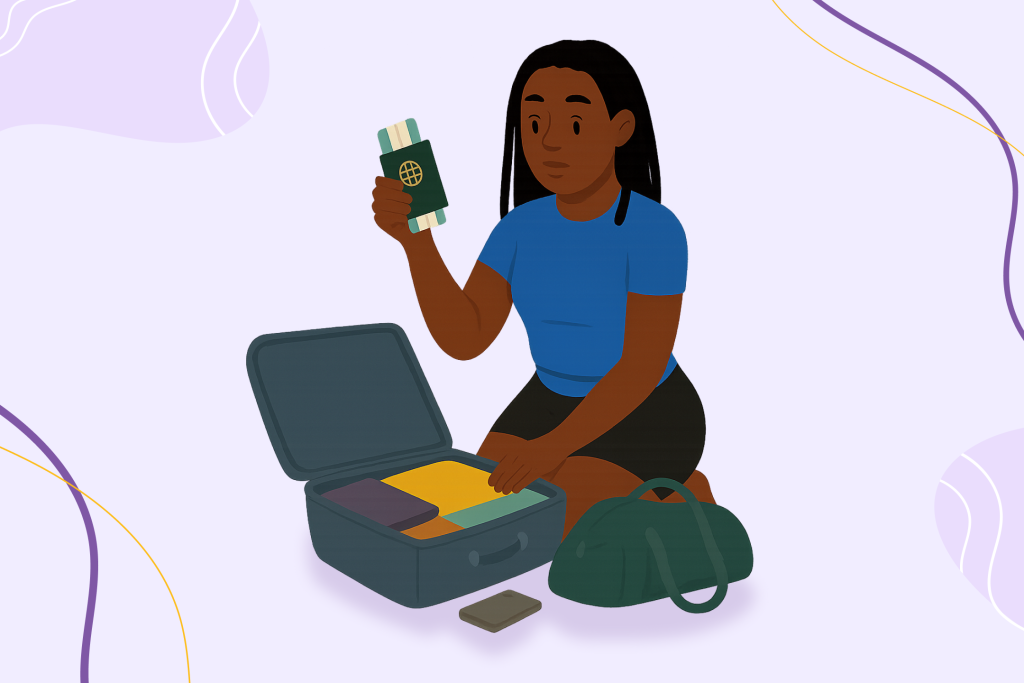
When packing for Nigeria in December, think light, practical, but stylish. You’ll likely attend both casual and formal events, so be versatile while packing. Cotton, linen, and breathable materials for daytime heat. Something stylish for parties, weddings, or dinners. Jacket or hoodie for cool harmattan mornings and nights.
Budgeting: What To Expect Financially

December is a peak season, and prices of things tend to go up as well. Planning helps you avoid last-minute surprises. Here’s what to expect:
Flights.
Book early. International flights into Lagos or Abuja in December can cost 30–50% more than usual. Local flights are also pricier as the holidays draw closer.
Accommodation.
Hotels and short-let apartments would be in high demand and will likely spike in price. Expect to pay for a decent Airbnb or boutique hotel from ₦100,000 to ₦ 200,000 per night in major cities. If you’re staying longer, consider staying slightly outside central areas or book earlier.
Food.
Food is generally affordable, but it depends on where you’re eating from. You’ll find from street suya and jollof rice to upscale dining. A typical local meal will likely cost you between ₦3,000–₦5,000. If you’re dining out often in high-end areas, you may be charged ₦25,000–₦50,000 per person.
Transportation.
Ride-hailing apps like Bolt or Uber operate in major cities, but traffic can be intense. For intercity travel, book reputable bus companies or local flights. Budget around ₦10,000–₦20,000 for short trips and more for longer routes.
Entertainment.
Concert tickets, club entry, and festival passes range from ₦20,000 to ₦100,000 depending on the event. If you’re attending multiple events, factor in transport and drinks too. Also, keep small cash in hand for markets or small town runs where card payments may not work.
Avoid Hidden Fees & Exchange Surprises.
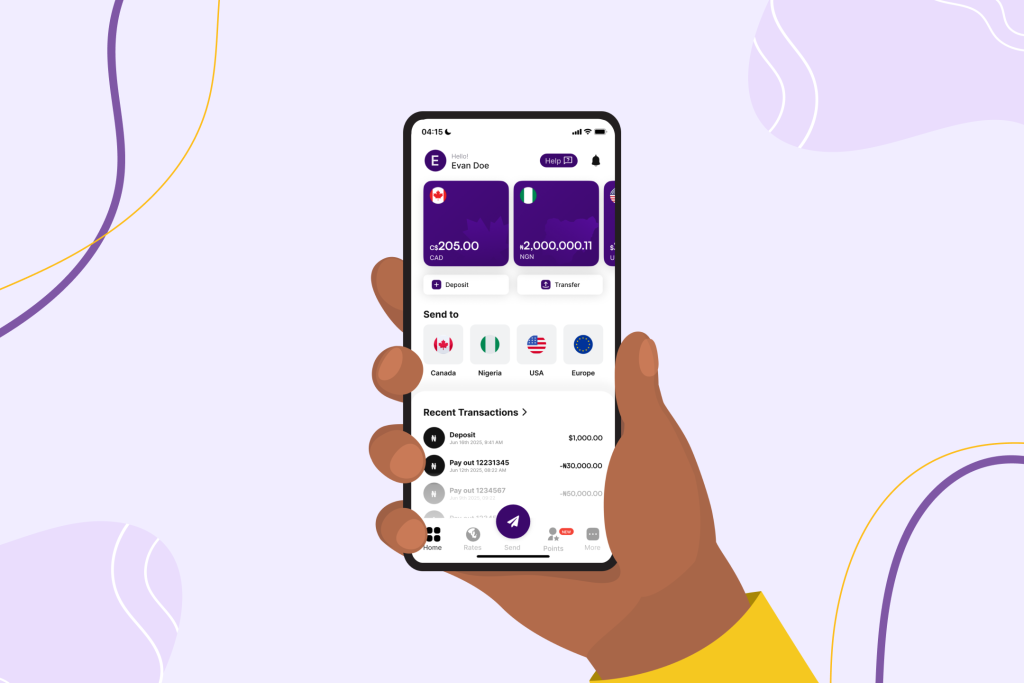
Before your trip, check how you’ll handle your spending and transfers. Because exchange rates often fluctuate, small differences in conversion rates or transfer fees can add up quickly. So, compare exchange rates online before and plan conversions ahead of time to avoid losses. Also, use apps like CadRemit that offer transparent rates and low fees.
Safety & Etiquette
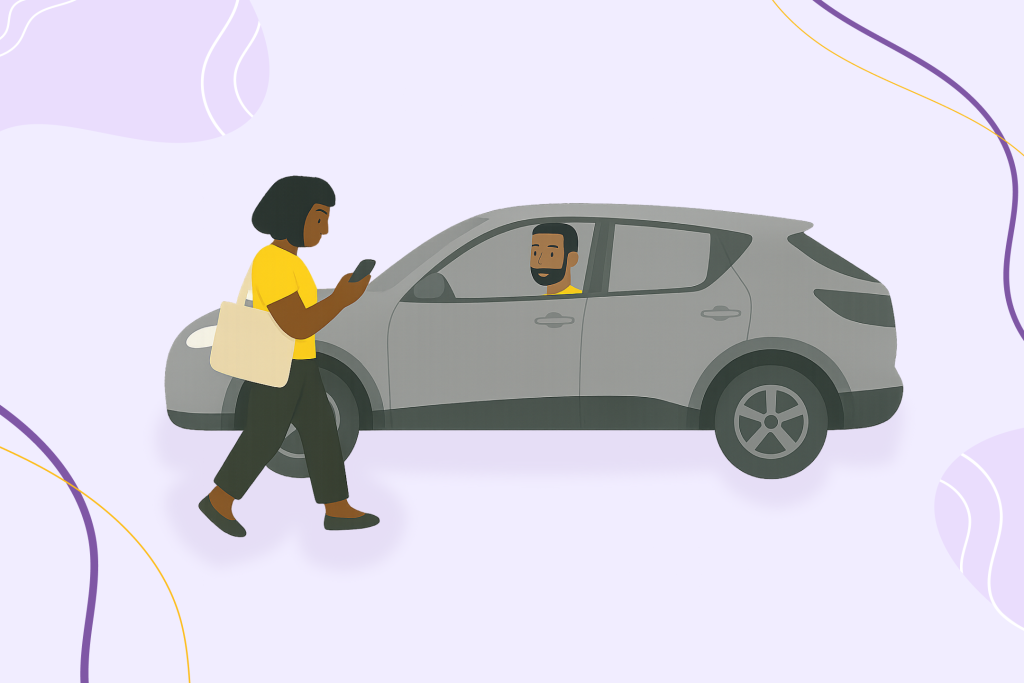
Nigeria is generally safe, especially in major cities, but it’s always wise to stay alert and follow basic travel precautions. Keep your valuables discreet, avoid carrying large amounts of cash, and stick to verified ride-hailing services or trusted local drivers. Be mindful at night and move around with friends or locals you trust. Also, a friendly smile, light conversation, or simple greeting can go a long way in helping you make genuine connections.
Connectivity & SIM Cards
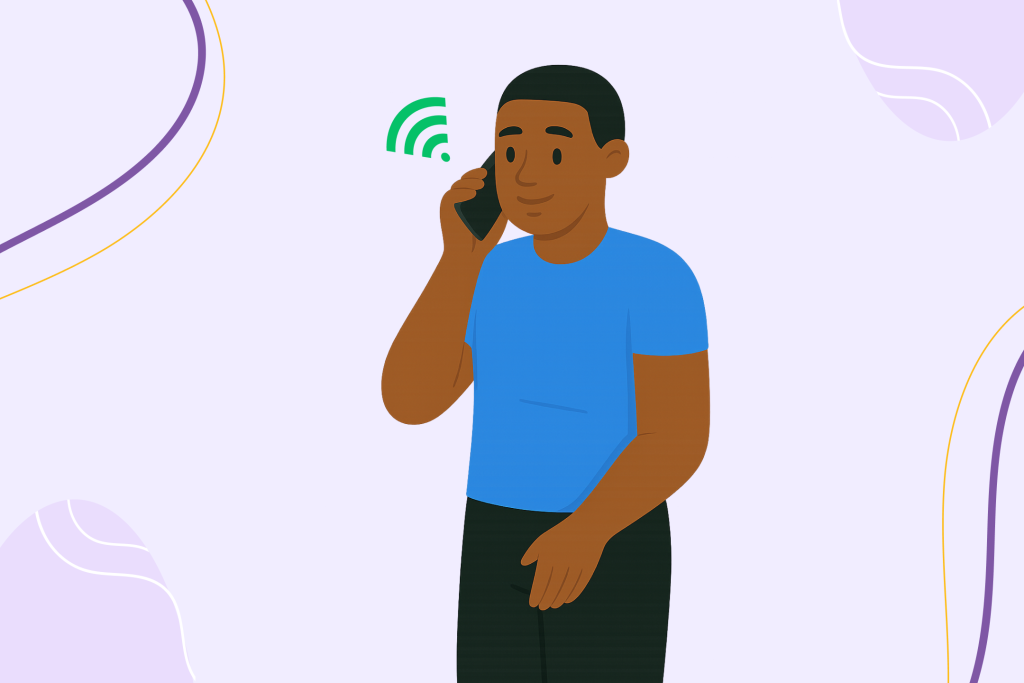
You’ll need a local SIM card to stay connected and make calls while in Nigeria. MTN, Airtel, and Glo are reliable options, offering strong 4G coverage across most cities. To register, you’ll need your passport, but the process is quick and easy. Data is affordable, and connectivity is generally stable in urban areas. If you’re staying short-term, consider using an eSIM for convenience, and if you’ve been able to retain your number, you can keep using it.
Events & Places You Don’t Want To Miss

If you’re visiting for Detty December, your calendar might fill up fast, but here are some must-dos:
- Lagos: Beach parties, Afrobeats concerts, and rooftop brunches.
- Abuja: Chill lounges, cultural shows, and fine dining.
- Eastern Nigeria: Family reunions, traditional weddings, and local carnivals, especially Calabar Carnival, the biggest street party in Africa.
- Tourist spots: Nike Art Gallery (Lagos), Yankari Game Reserve (Bauchi), Olumo Rock (Ogun State), or Lekki Conservation Centre (Lagos).
Last-Minute Prep Checklist

- Confirm your flight and accommodation early.
- Get travel insurance (medical and luggage).
- Check visa and vaccination requirements.
- Back up important documents (passport, ID, flight ticket).
- Notify your bank of travel plans to avoid card blocks.
- Keep an emergency contact list, both local and international.
Visiting Nigeria in December is an experience you’ll never forget in a hurry. The festive energy is contagious, the people are welcoming, and every city has its own vibe. Just plan ahead, pack smart, and keep your budget flexible, lock in good exchange rates, and keep your spending organised.




